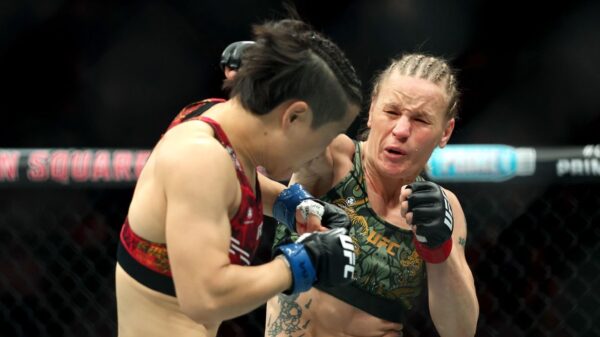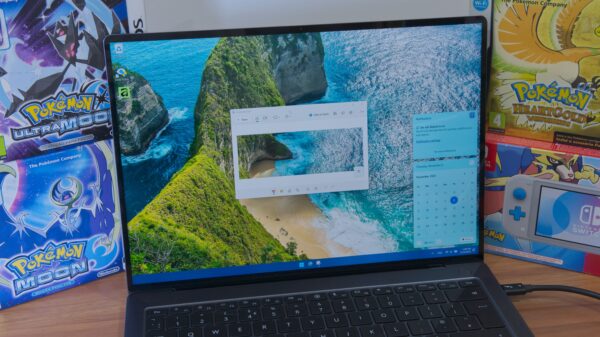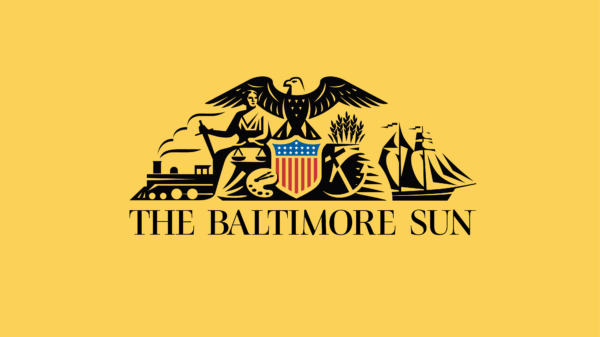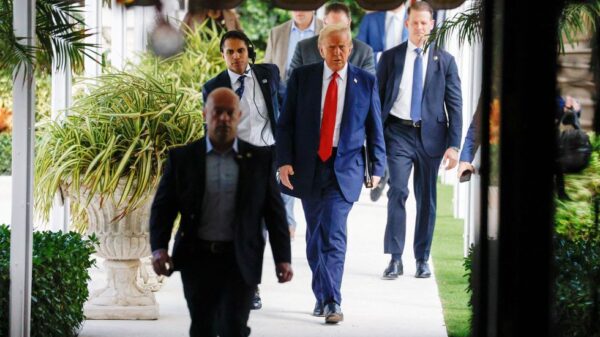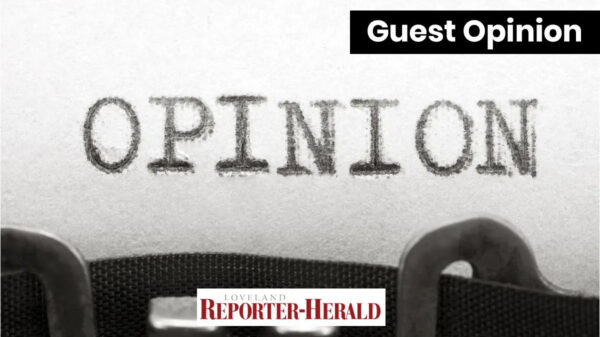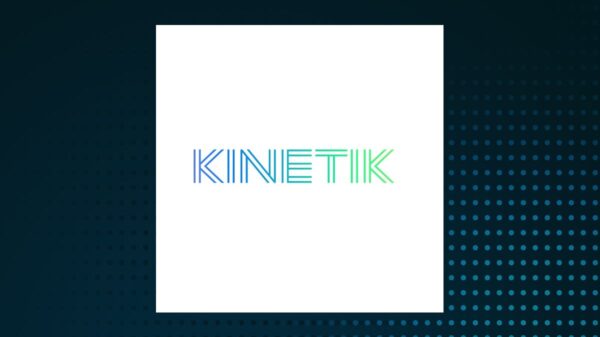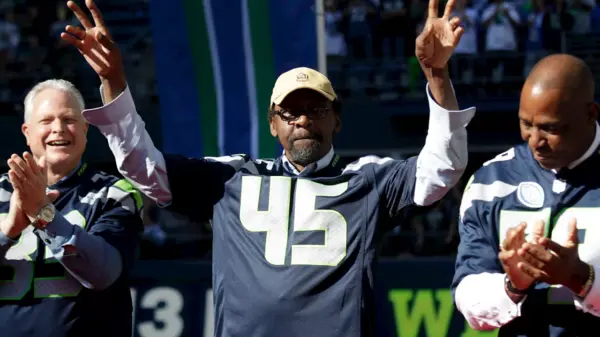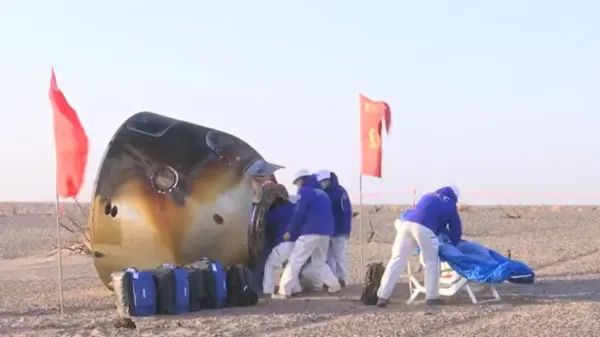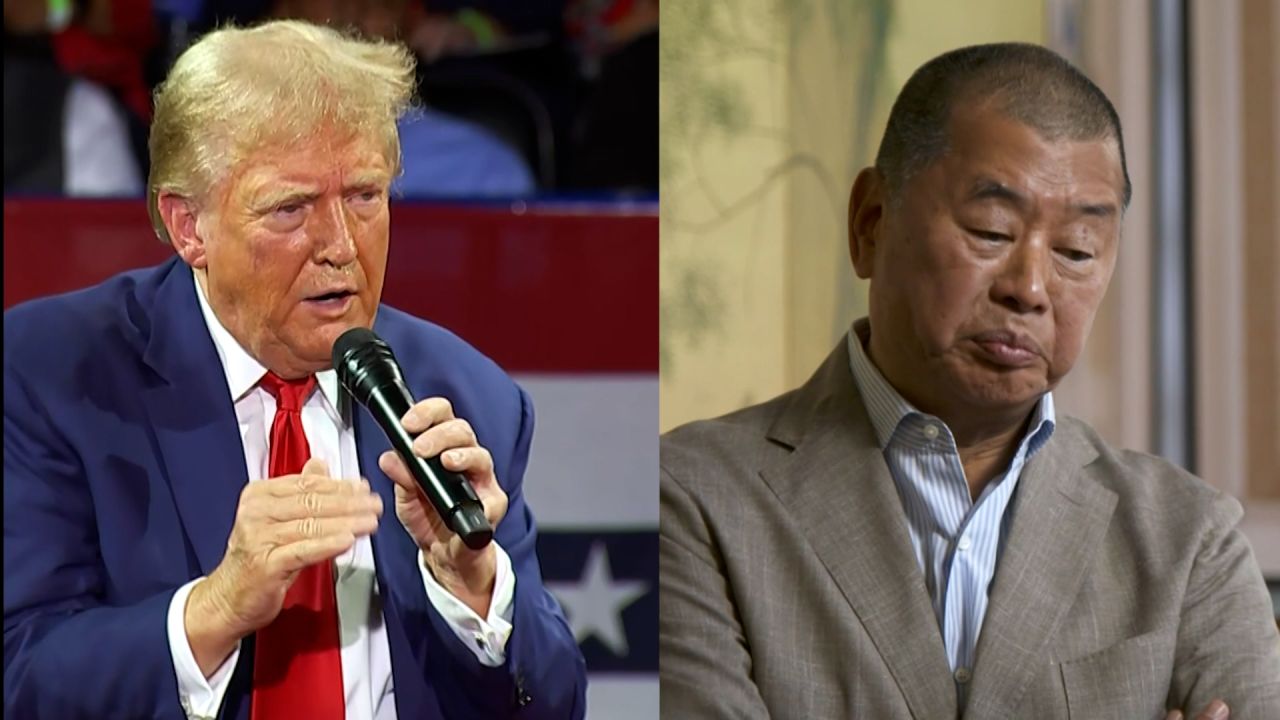Media mogul Jimmy Lai has become a central figure in the escalating tensions between the United States and China as he faces serious legal charges in Hong Kong. His landmark trial involves accusations of colluding with foreign forces, a crime under the 2020 national security law imposed by Beijing, which carries a potential life sentence. Additionally, Lai is charged with sedition, further complicating his legal situation and highlighting the broader geopolitical implications.
The trial has drawn international attention, particularly from the US, which views Lai’s case as emblematic of China’s tightening grip on Hong Kong’s freedoms. Lai, the founder of the now-defunct Apple Daily, has long advocated for democracy and freedom of the press in the region, positioning himself as a vocal opponent of the Chinese government’s policies.
Background of the Charges Against Lai
Lai’s legal troubles stem from his outspoken criticism of the Chinese government and his support for pro-democracy movements in Hong Kong. In a climate where dissent is increasingly suppressed, his actions have made him a high-profile target. The accusations of collusion with foreign forces are particularly significant, as they reflect China’s broader strategy to stifle any form of external influence that challenges its authority.
According to analysis from CNN, Lai’s trial is not merely a local issue; it represents a flashpoint in the strained relations between Washington and Beijing. The US has expressed concern over the implications of Lai’s detention, viewing it as part of a systematic effort to dismantle freedoms guaranteed under the “one country, two systems” framework that was supposed to govern Hong Kong’s relationship with mainland China.
International Response and Implications
The international community has reacted strongly to Lai’s situation. Human rights organizations and foreign governments have called for his release, arguing that his prosecution demonstrates a blatant disregard for free speech and human rights. Lai’s case serves as a stark reminder of the challenges faced by activists in Hong Kong, where the national security law has been used to silence dissent.
In the United States, lawmakers have voiced their support for Lai, framing his struggle as part of a larger fight for democratic values. US Secretary of State Antony Blinken has condemned the charges against him, stating that they are indicative of China’s ongoing repression in Hong Kong. The US has also imposed sanctions on Chinese officials linked to the crackdown, further straining diplomatic ties.
As Lai’s trial continues, it remains unclear how these developments will impact the already fraught relationship between the US and China. The outcome could set a precedent for future cases involving dissenters in Hong Kong and potentially influence international policy toward Beijing.
In summary, Jimmy Lai stands at the intersection of a critical moment in Hong Kong’s history and the broader geopolitical landscape. His trial is not just about one man; it reflects the ongoing struggle between authoritarianism and democratic ideals, with implications that resonate far beyond the borders of Hong Kong.



